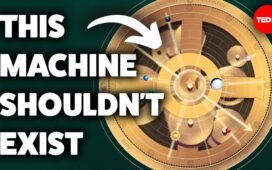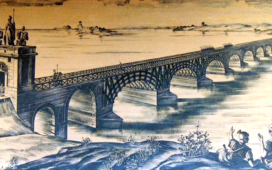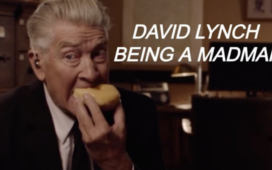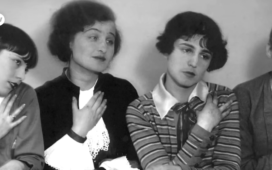These days, references to seventies television increasingly require prefatory explanation. Who under the age of 60 recalls, for example, the cultural phenomenon that was Mary Hartman, Mary Hartman, an absurdist satire so faithful to the soap-opera form it parodied that it aired every weeknight, putting out 325 episodes between early 1976 and mid-1977? And even for those who do remember the show, it would surely require a stretch of the memory to summon to mind its minor character Garth Gimble, an abusive husband who meets his grisly fate on the sharp end of an aluminum Christmas tree. (We’ll set the question of how many remember aluminum Christmas trees aside for the holiday season.)
Garth Gimble was the breakout role for a musical comedian turned actor called Martin Mull, who died last week at the age of 80. Tributes have mentioned the characters he played on shows from Roseanne and Sabrina the Teenage Witch to Arrested Development and Veep.
But to those who were watching TV in the summer of 1977, Mull has always been — and will always be — not Garth Gimble but his twin brother Barth, host of a low-budget late-night talk show in the small town of Fernwood, Ohio, the setting of Mary Hartman, Mary Hartman. Fernwood-2-Night premiered as a temporary replacement for that show (and thus as yet another expansion of the televisual universe created by mega-producer Norman Lear), but it soon took on a countercultural life of its own.
The fictional talk-show form of Fernwood-2-Night was ahead of its time; more daring still was its occasional arrangement of real-life guests. That roster included a young Tom Waits, himself a living embodiment of the blurred line between reality and fiction. As the show’s announcer, Jerry Hubbard puts all of his distinctive delivery into declaring Waits “very famous for Fernwood.” Mull plays Gimble as the kind of man on which the appeal of Waits’ art is wholly lost: “I know he sells a lot of albums, and he makes about half a million big ones in one year,” he says by way of introduction. “In my book, that spells talent.”
Naturally, Gimble is game to set the liquor-swigging singer up for an old groaner by remarking on the strangeness of talking to a guest with a bottle in front of him. “Well, I’d rather have a bottle in front of me than a frontal lobotomy,” Waits growls in compliance. This comes after his performance of the song “The Piano Has Been Drinking (Not Me) (An Evening with Pete King)” from his then-most recent album Small Change. It’s safe to say that many viewers on Fernwood-2-Night’s wavelength became fans of Waits as soon as they heard it. Nearly half a century later, they no doubt still remember his appearance fondly — at least as fondly as they remember the Wonderblender.
Related content:
Watch Tom Waits’ Classic Appearance on Australian TV, 1979
Watch Tom Waits For No One, the Pioneering Animated Music Video from 1979
Tom Waits Shows Us How Not to Get a Date on Valentine’s Day
Tom Waits’ Many Appearances on David Letterman, From 1983 to 2015
Based in Seoul, Colin Marshall writes and broadcasts on cities, language, and culture. His projects include the Substack newsletter Books on Cities and the book The Stateless City: a Walk through 21st-Century Los Angeles. Follow him on Twitter at @colinmarshall or on Facebook.















